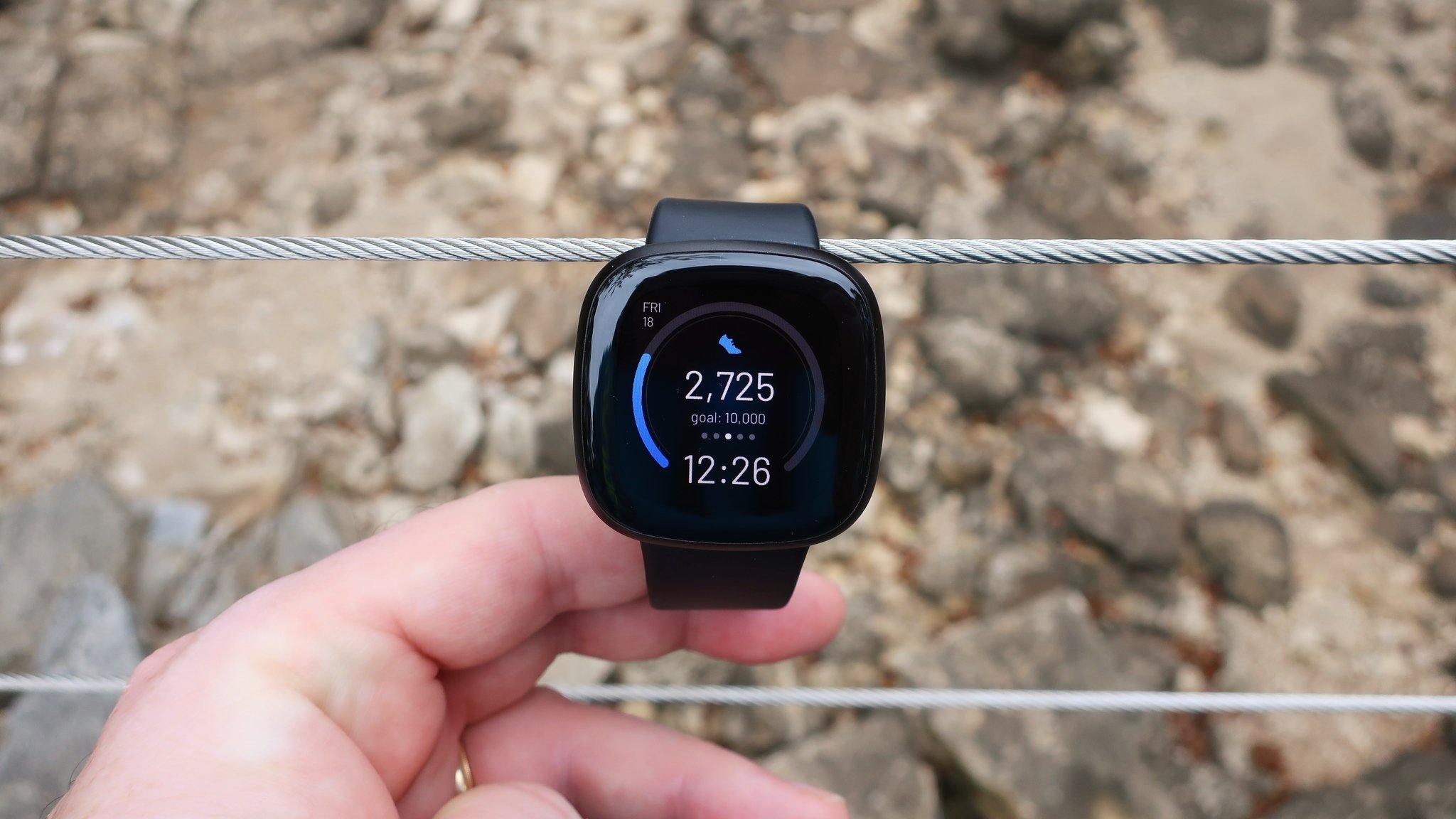Four state AGs sue Google over 'deceptive location tracking' on Android

What you need to know
- Washington, D.C.'s attorney general has filed a lawsuit against Google over location tracking.
- The AGs from Indiana, Texas, and Washington state have also sued Google in their own state courts.
- Google is accused of "deceiving" users and "invading their privacy."
Google's location tracking practices resulted in a number of legal battles, including a lawsuit filed in federal court in San Francisco in 2018 and another similar case filed by the state of Arizona in 2020. Four state attorneys general have now sued Google over how it collects and uses location data from users.
Karl A. Racine, the attorney general of Washington, D.C., has led a bipartisan lawsuit accusing Google of duping users into sharing their location data. Attorneys general from Indiana, Texas, and Washington state have also filed lawsuits against Google in their respective states.
The lawsuit alleges that, since 2014, Google "has systematically deceived consumers about how their locations are tracked" on Android phones. Google allegedly makes it "nearly impossible" for users to prevent the company from tracking their location.
Racine said in a statement:
Google falsely led consumers to believe that changing their account and device settings would allow customers to protect their privacy and control what personal data the company could access. The truth is that contrary to Google's representations it continues to systematically surveil customers and profit from customer data.
The AG says that while Google leads consumers to believe they can opt out of location tracking by changing their device and account settings, the company still collects location data regardless of the settings they choose.
An investigation into Google's location tracking practices started following an Associated Press report in 2018 that revealed how Google continued to track location data no matter the user's preference.
In a statement to Android Central, Google spokesperson José Castañeda said:
Be an expert in 5 minutes
Get the latest news from Android Central, your trusted companion in the world of Android
The Attorneys General are bringing a case based on inaccurate claims and outdated assertions about our settings. We have always built privacy features into our products and provided robust controls for location data. We will vigorously defend ourselves and set the record straight.
Castañeda went on to say that Google made numerous improvements to make managing location data easier. For example, the search giant introduced auto-delete controls in June 2019 to allow users to automatically delete their location data on a rolling basis. This was made the default setting for all new Google accounts a year later.
The AGs also alleged that the Mountain View-based tech giant resorted to "deceptive design methods" called "dark patterns" in order to stop users from protecting their privacy. These methods include "repeated nudging, misleading pressure tactics, and evasive and deceptive descriptions of features and settings."
Racine is seeking a court order that would stop Google's "unlawful practices" and force it to disgorge profits earned as a result of such behavior.

Jay Bonggolto always keeps a nose for news. He has been writing about consumer tech and apps for as long as he can remember, and he has used a variety of Android phones since falling in love with Jelly Bean. Send him a direct message via Twitter or LinkedIn.
